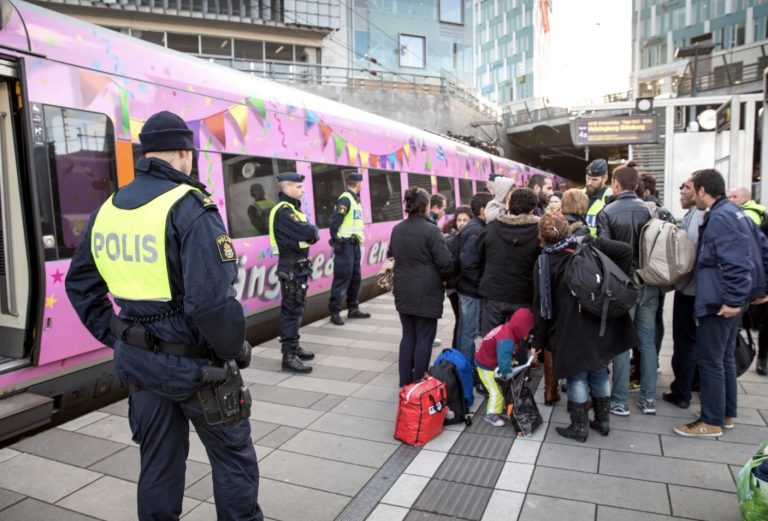When you grab your train tickets you’ll be looking forward to a smooth, scenic journey to your destination. But whether you’re commuting, or going on a long trip, a relaxed journey relies on you – and other passengers – following the largely unspoken rules of train etiquette. Below, we explore the golden rules you should follow.
Story Stages
Answering calls
Hearing a loud conversation right next to you can be grating. You just want to settle in for the journey rather than being forced to listen to someone else’s day. Ideally, you shouldn’t make a call unless there’s an emergency. If you receive a call, it’s best to quietly answer and see if it can wait. If not, you can take yourself aside to a cubicle to avoid disturbing other passengers. Some noise in normal cabins is to be expected, but if you’re in the silent cabin you should avoid phone calls.
Eating
There’s nothing wrong with quietly eating some food that comes without much of an odour. But there are certain types of food that it’s antisocial to eat. Loud foods, such as crisps, are generally advised against. Plus, you don’t want to eat anything that will create a smell for other passengers – an egg and mayonnaise sandwich, for instance, would definitely be antisocial.
Music volume
We’ve all experienced it when someone else’s music becomes obtrusive. Ensure that you’re on a volume that doesn’t disturb other passengers, and make sure that your headphones aren’t letting any annoying music slip out towards other passengers.
Using seats
Only use the one seat you find. If you manage to get a window seat, you should put your bag underneath rather than take up two whole seats. This can help fit everyone comfortably onto the train, without as many having to stand up. It’s also worth checking reserved seats carefully. Sometimes a passenger won’t have claimed their seat and it’ll be available.
Look out for fellow passengers
Make sure you keep an eye out for other passengers too. Some seats are reserved for elderly and people with disabilities. If you notice that someone needs a seat more than you on a crowded train you should offer it up.
Basic etiquette on the train isn’t hard to follow. It requires being quiet, polite and having awareness of others around you. But if everyone follows them, the collective experience can be improved hugely.
